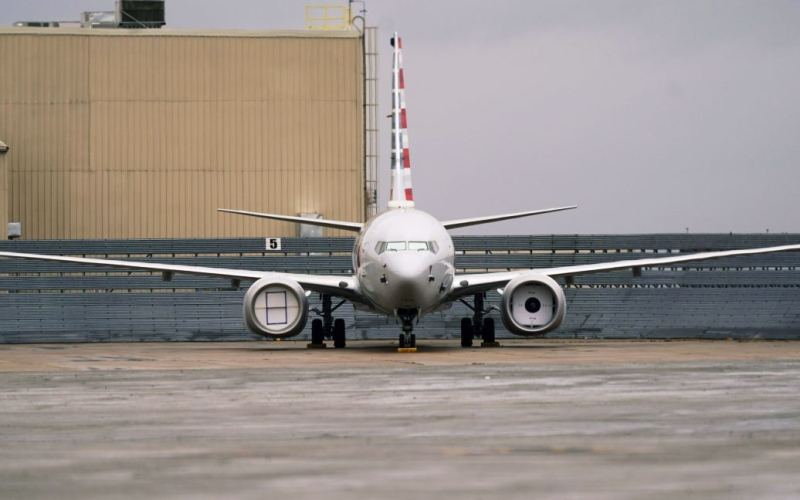Russian airlines hijacked more than 400 passenger planes and refuse to return them to leasing companies. In addition, they grabbed a number of aircraft parts that they rented from Western companies.
Russia confiscated them in response to sanctions over the war in Ukraine. So the leasing companies decided to file $10 billion in insurance claims. In response, Russia resorted to its usual actions – threats.
The Washington Post writes about this.
“Sanctions may serve the long-term goal of isolating Russia. But in the short term, they weren't as painful as they should be,” said Risto Maeots, chief executive of an airline company in Estonia that was unable to return several engines from Russia.
< p data-el="text" data-qa="drop-cap-letter">Note that the Russian commercial fleet has 968 aircraft, of which 515 belong to non-Russian leasing companies. Another problem for the Russian aviation has become that aircraft are actively using Western technology. Therefore, when the EU and the US imposed sanctions against the Russian Federation, such parts as engines, avionics and software became inaccessible to the Russian Federation. Even the Russian-made Sukhoi Superjet, a regional jet, and the Irkut MC-21, designed to compete with the Airbus A320 and Boeing 737, use engines, avionics and software from the United States and Europe. The Russian state company is trying to develop a fully domestic engine for the TS-21, but it will take time, analysts say.
Recall that the European Union has begun work on the seventh package of sanctions, under which, in particular, embargo on gold imports from Russia.
Advertising

